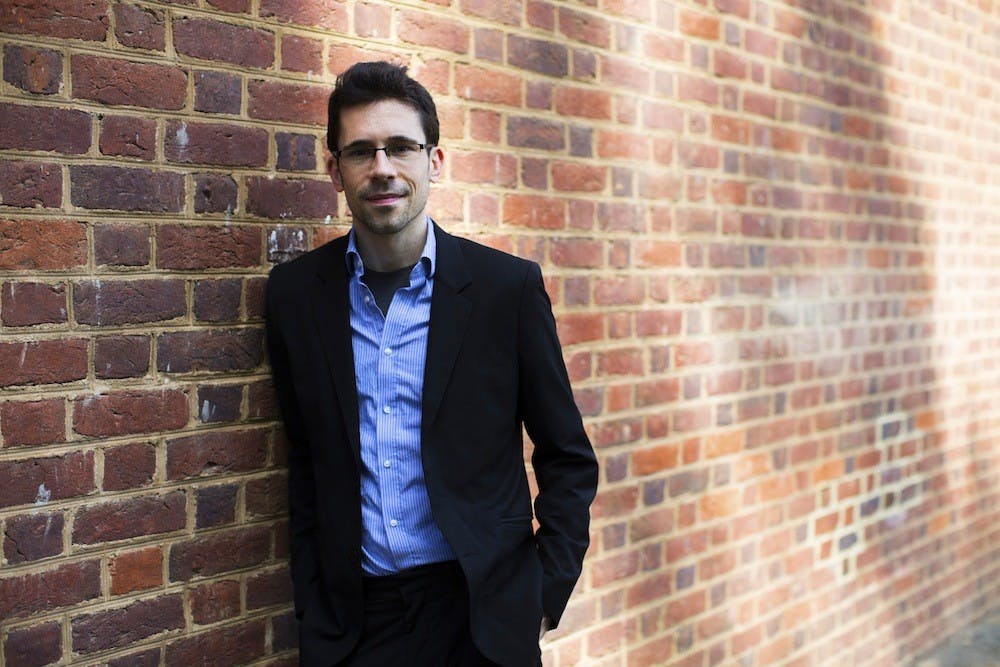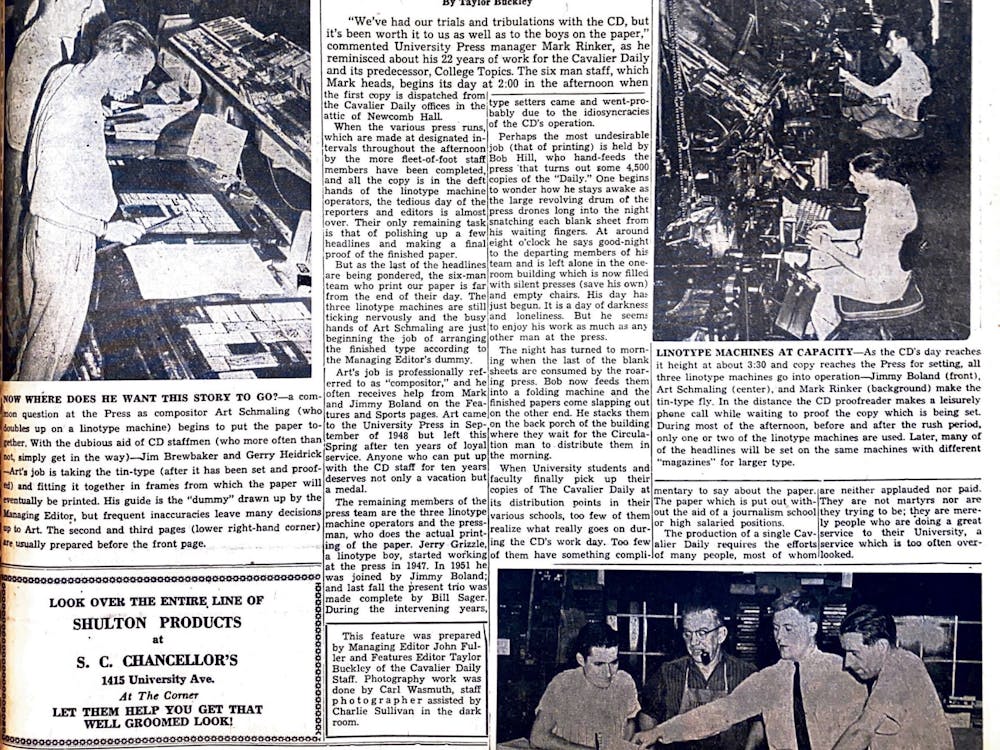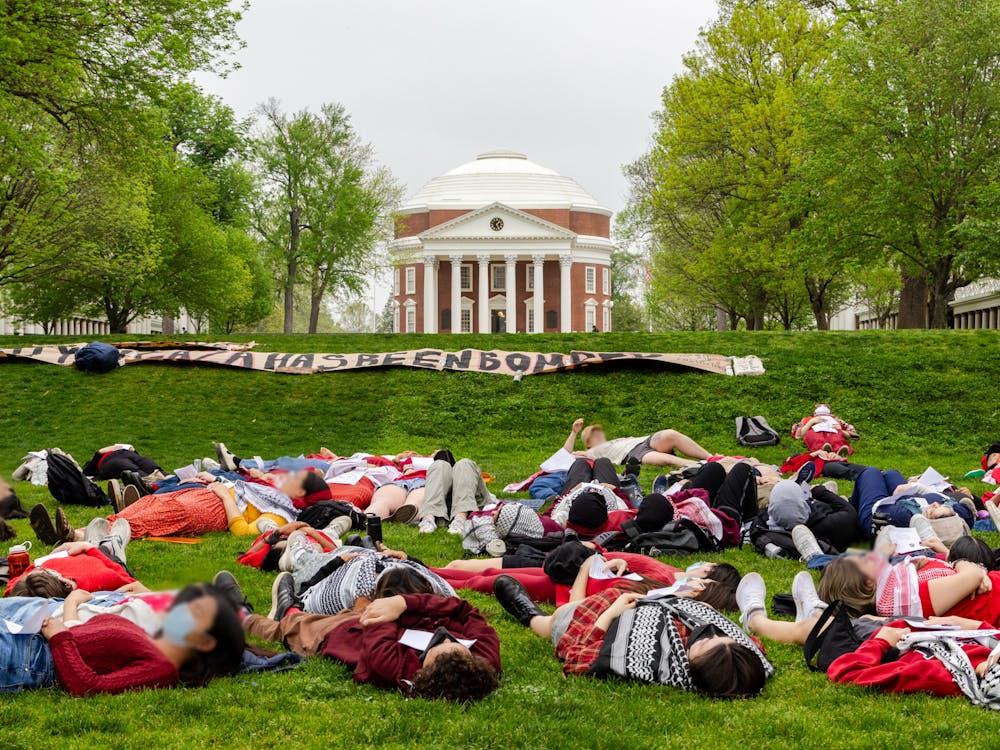A new study led by Arts & Sciences graduate student Thomas Talhelm, a doctoral candidate in cultural psychology, has found that American political conservatives tend to think more holistically, while American political liberals lean toward more analytical thinking.
Talhelm said the divide resembles clear cultural differences, with holistic thinking is often associated with those who live in East Asia and analytical thinking paired with those who live in the West.
Holistic or intuitive thought uses intention and focuses on the perception of whole objects rather than breaking them down into parts. In contrast, analytical thinking consists of analyzing objects individually separate from their context. According to Talhelm, intuitive thinking is the default most people are born with, and analytical thinking is learned generally through Western-style education.
“Cultural psychologists have found over and over again that people in cultures with tight social ties tend to think more intuitively, whereas people from looser, more individualistic cultures tend to think more analytically,” Talhelm said in an email.
After living in China, Talhelm said he noticed a similarity between the Chinese and conservative Americans in regards to emphasis on tight, small social relationships. According to Talhelm, conservatism tends to center in small towns where people have long-term relationships, while liberalism is often centered in cities and universities supplemented with more transient relationships.
“Maybe the fact that liberals and conservatives think about the world as if they were from different cultures could explain why they can see the same issue and come to completely different conclusions,” Talhelm said.
The study consisted primarily of University students and adults, who participated online. To start, Talhelm took psychological tests that researchers have used to measure differences between Westerners and East Asians and distributed them to liberals and conservatives in the United States.
“Then I tried something provocative: if I asked people to think analytically or holistically in the lab, would it change their political attitudes? I found it did,” Talhelm said. “When I had participants think analytically, they were more likely to support more generous welfare policies and rehabilitative punishments for drug offenders. But if I had people think intuitively, they supported stricter welfare plans and stronger punishments for drug offenders.”
One test was a categorization task. Talhelm showed people three objects — such as a panda, a monkey and a banana — and the participants had to choose two to categorize together. Westerners — and liberals — tended to prefer more abstract pairings, like the panda and monkey in the mammal category, while people in China — and conservatives — tended to prefer relational pairings, like the monkey and banana.
“I think one of the most interesting parts is that we found differences in people's basic perception,” Talhelm said. “The categorization task involves language, but we also included a strict perception task from cultural psychology — simply boxes and lines. And even on this basic perception task, liberals and conservatives were seeing things differently.”
After running the same study in China, Talhelm found that Chinese liberals were also more likely to think analytically than Chinese conservatives — suggesting this phenomenon is not purely an American one.
Talhelm also expressed fascination with the ability to alter people’s political opinions by changing their cultural thought style.
“Cultural thought style is not fate — we can change it temporarily like putting on a different hat,” he said. “So if I were trying to change people's minds, I would try to frame things to get people in an analytic or intuitive mindset.”





